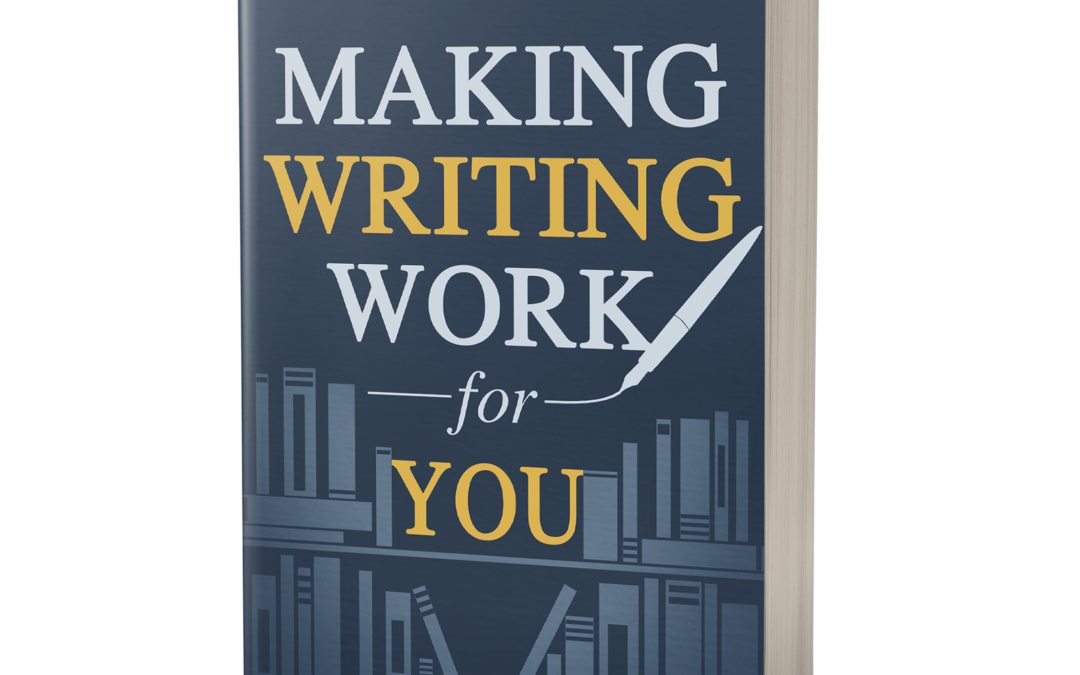In my recent book, Making Writing Work for You, I mentioned in the final chapter that writing is cathartic or therapeutic. I briefly mentioned that as a teen I would write about my failures at dating girls, my failures at getting my stories published, failures in sports, and later, even a failure in marriage.
It was much later that I discovered that cathartic or expressive writing could reduce stress, lower blood pressure, anxiety, and depression, improve sleep, strengthen our immune system, and increase our general well-being. This appeared in an article by Deborah Siegel – Acevedo in the Harvard Business Review.
James Pennebaker, a social scientist at the University of Texas at Austin, studied the effects of emotional writing and found it can improve both mental and physical health. Talking about your feelings does help. But as a teenager coping with trauma, guilt, severe disappointment, or a poor self-image wasn’t easy or even possible to talk to about.
So, I would write poetry and prose for my eyes only. Even though many of the poems were pessimistic or even morbid, getting them out of my mind and onto paper seemed to get it out of my system where I could deal with the emotions. I suppose I could look at it more objectively. It was easier to write about something than to say it out loud. And nobody would have to read it except me.
As I got older, I would write about happier experiences as well, and I soon discovered a market for short verse, particularly humorous ones. I eventually sold hundreds of greeting card ideas that didn’t even have a rhyme. Writing was now working for me in a different way.
As an adult, writing also worked for me. It helped finance my tuition fees at Ryerson in Toronto, promoted my businesses as an entrepreneur, develop as a speaker, and later allowed me to maintain my standard of living as I eased into semi-retirement. Currently I still write eBooks for a publisher in Denmark, which provides a steady income. I also write the odd book.
Writing also works for me as I volunteer at church and in non-profit organizations. I write devotionals for the church, blog articles and newsletters for my website, and have written a column in our local newspaper, material for our local writers’ group, and promotional flyers for various events sponsored by non-profits.
Most of my original poems were subsequently scrapped, but a few of the survivors were included in that last chapter of my book. I purposely left out a couple that were exceptionally morbid. One of them I have since scrapped. I still write poems for special occasions or simply for the joy of writing.
Although I never became more than a part-time writer, it helped me through some rough stages in my life. And even now, at 90, it helps keep my brain active and relatively healthy – not letting a little dementia get the best of me. Yes, writing is cathartic – and more.
And it has been faithfully working for me all my life.
Editor’s note: To purchase a copy of Making Writing Work for You, please click here.


Recent Comments